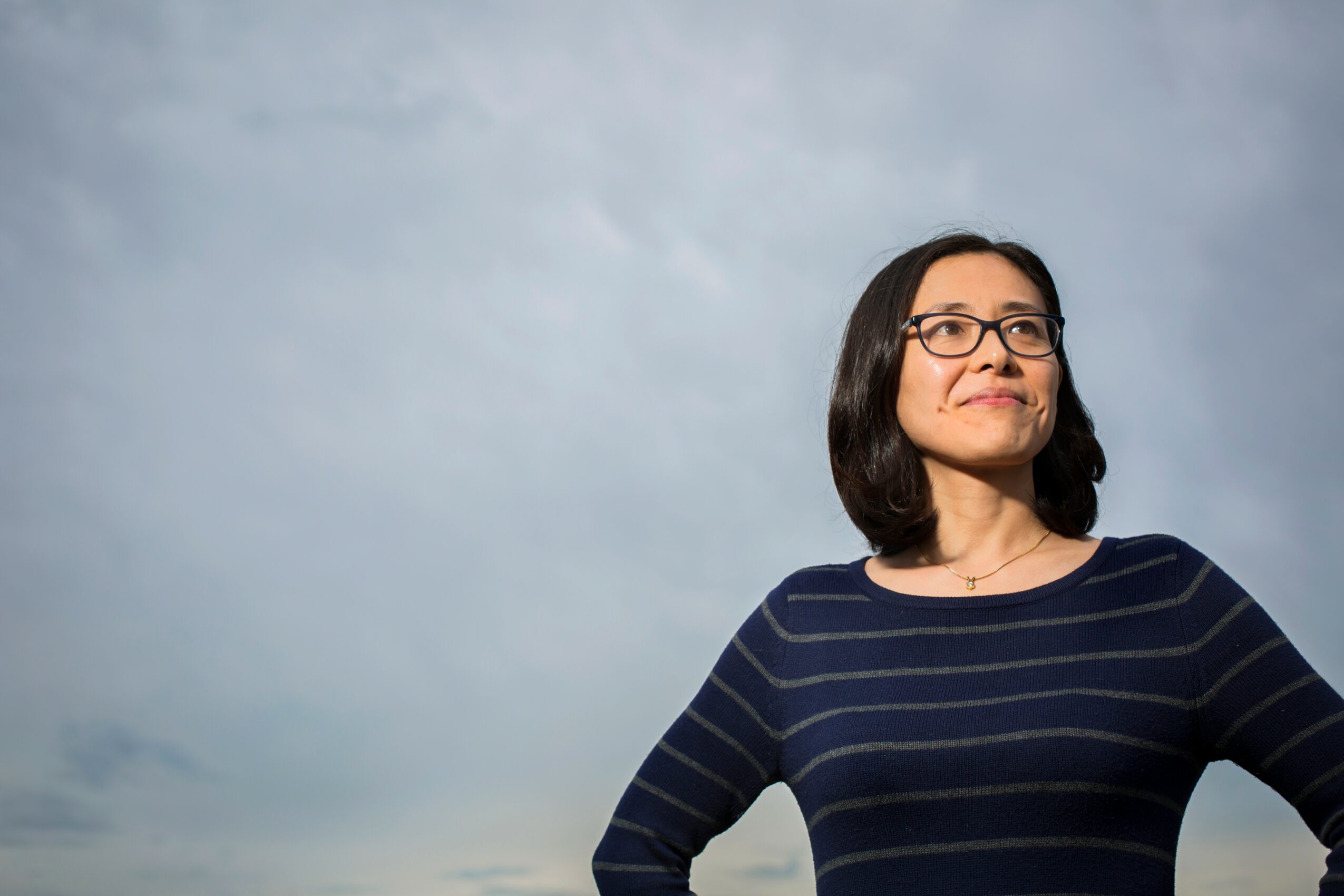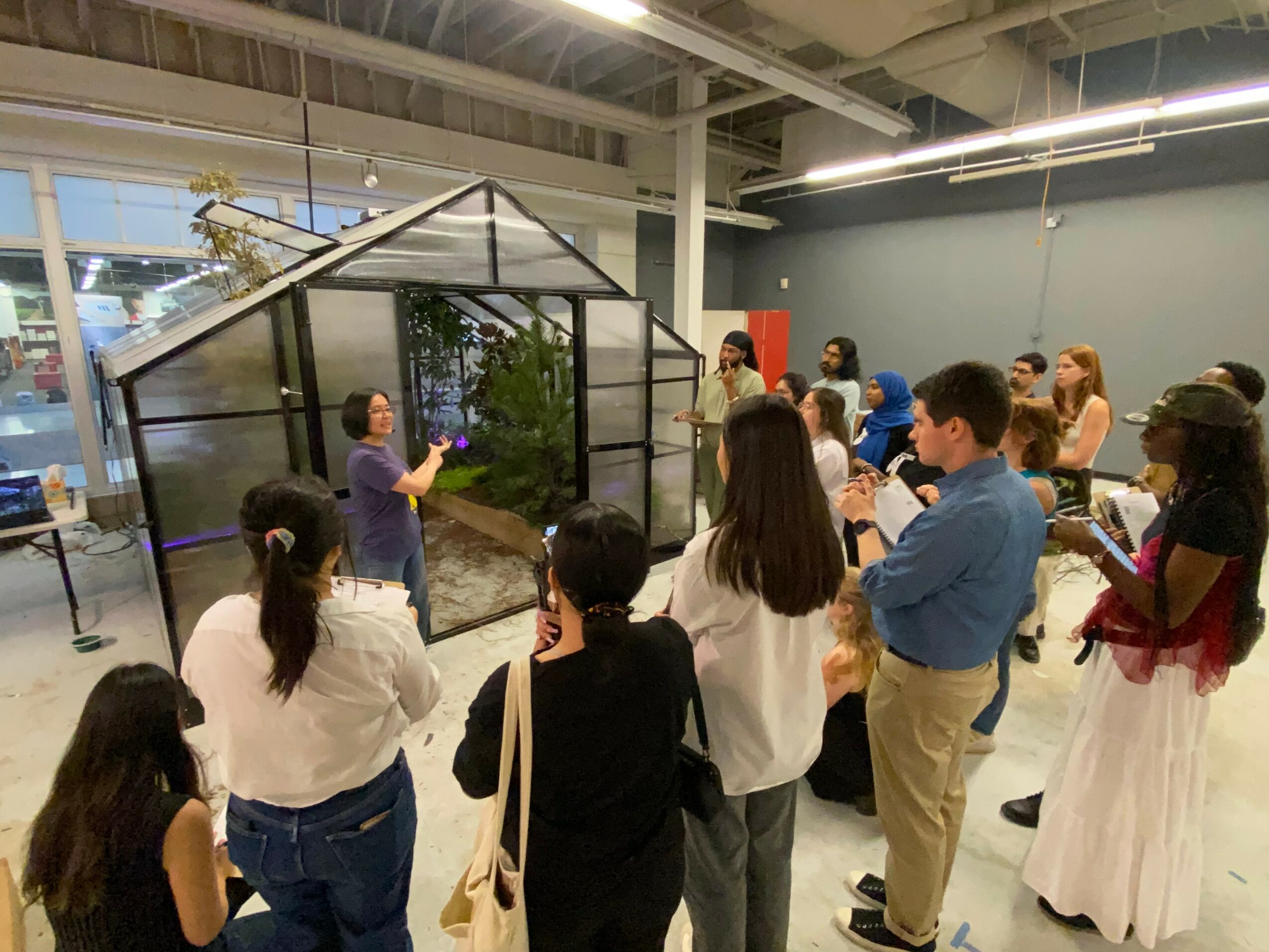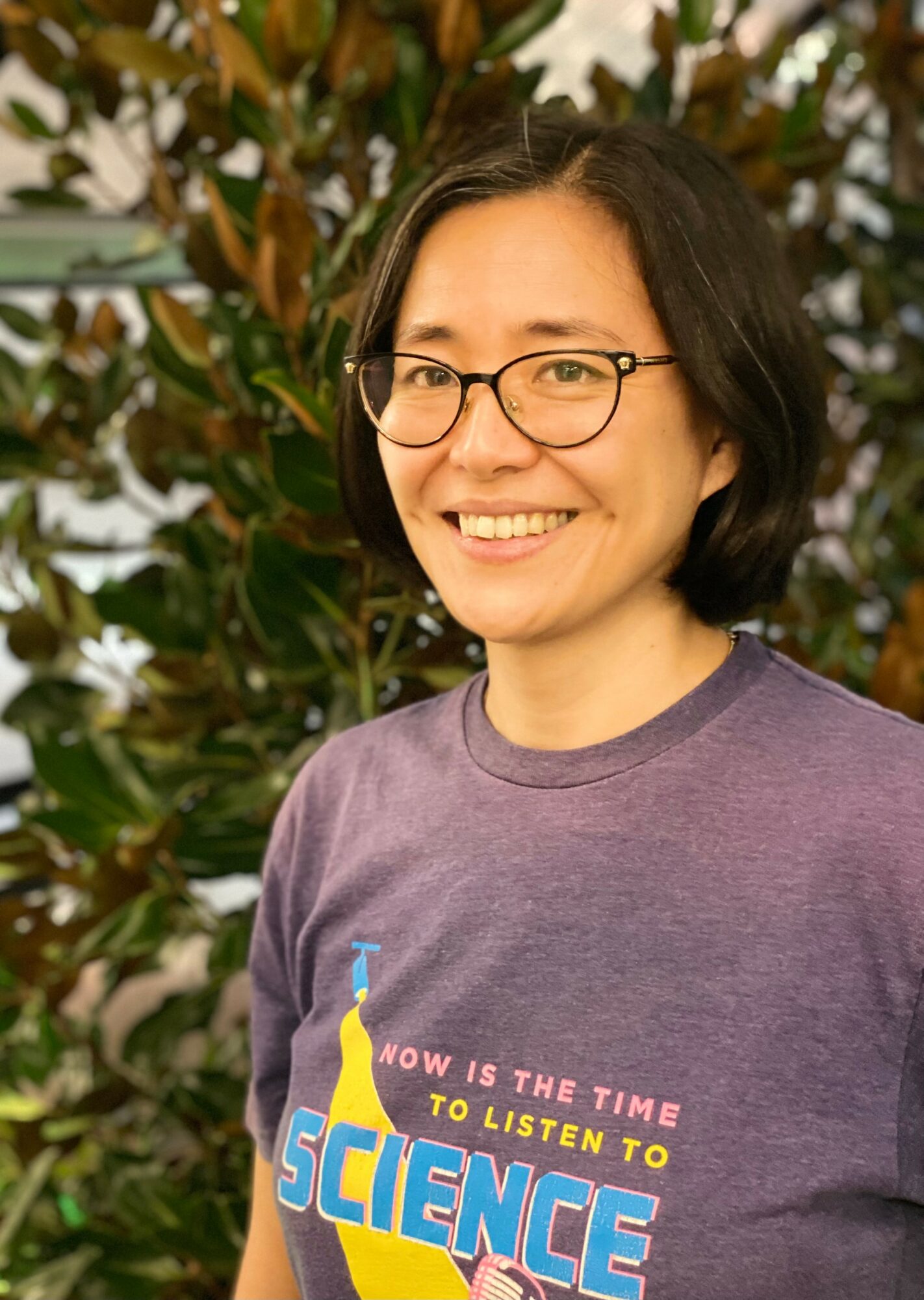

Today we’d like to introduce you to Eri Saikawa
Hi Eri, we’d love for you to start by introducing yourself.
I have always been fascinated by pollution and what I could do to mitigate it. I grew up in Japan, South Korea, and the UK and found international perspectives important as well. I studied engineering in chemistry and biotechnology at the University of Tokyo because I could not find an interdisciplinary major focused on the environment. I decided to come to the US for the master’s program because I could not find a solution in engineering and I thought studying policy might be helpful. I was planning to work after the master’s degree but I realized that I did not like bureaucracy in the international organization when I interned at the World Bank. Based on advice from my boss, I applied for a Ph.D. program. I studied atmospheric chemistry and international relations and wrote an interdisciplinary dissertation on air pollution and policies surrounding vehicle emissions regulations in Northeast Asia. I then did my postdoc in atmospheric chemistry. After I started at my current job as an assistant professor, I expanded my research from air pollution modeling to experimental fields. And by chance, my lab (and a big part of this credit goes to my then-Ph.D. student Sam Peters) found soil lead contamination in an underserved neighborhood of the Westside in Atlanta. In working with community members on these contamination issues, and as the site became the Superfund site, we found the power of art in communicating the problem. As I work with more artists, I realize that art is not just a tool for communicating science but it is a tool for scientists to be more creative as well. Bea Lamar has involved me in her work at the Science Gallery Atlanta in her Sacred Breaths exhibit and while I am no artist, I have learned so much from artists and try to embed art in every possible way possible when doing science.
Alright, so let’s dig a little deeper into the story – has it been an easy path overall and if not, what were the challenges you’ve had to overcome?
I am sure nobody’s road is a smooth ride and I had some struggles too. One of them was during my Ph.D. I was unsure if it made sense for me to finish the degree, as I was not getting anywhere close to solving the environmental problems I wanted to solve. But the bigger struggle came after I got a job when we found lead in the neighborhood. I was mainly a modeler, just staring at a computer for work, and was a major introvert. I had not anticipated being asked if the problem we found was impacting children’s well-being. Although I was not directly impacted by the contamination, I still struggled to see so much environmental injustice and people’s suffering because of the contamination we happened to find. We changed our research topics in the lab and now focus more on children’s health and community science, to be able to answer some of the challenging questions that we encountered. We are still learning and most of the time there are more questions than answers.
Can you tell our readers more about what you do and what you think sets you apart from others?
I am a professor in environmental sciences. I was mainly focusing my work on estimating emissions from the Global South and especially from sources that are not well-known, like garbage burning and household air pollution from burning biomass. I think I am not like a normal academic because my background is so diverse and my training is very interdisciplinary as well. I am still unsure why I became a professor sometimes but I have always wanted to just make some positive impact in the society. I don’t have the depths that most academics have but I am proud of the creative research we do, especially stemming from what my students are interested in. I like learning new things and tackle a problem from a creative, new angle, in an interdisciplinary perspective.
Can you talk to us a bit about happiness and what makes you happy?
Happiness for me comes in human relationships. I am happy to have met so many amazing people who have showed me new ways of thinking, new ways of approaching problems and new ways to communicate issues.
Contact Info:
- Website: https://www.saikawalab.com/
- Instagram: https://www.instagram.com/saikawalabemory/
- Twitter: @esaikawa















